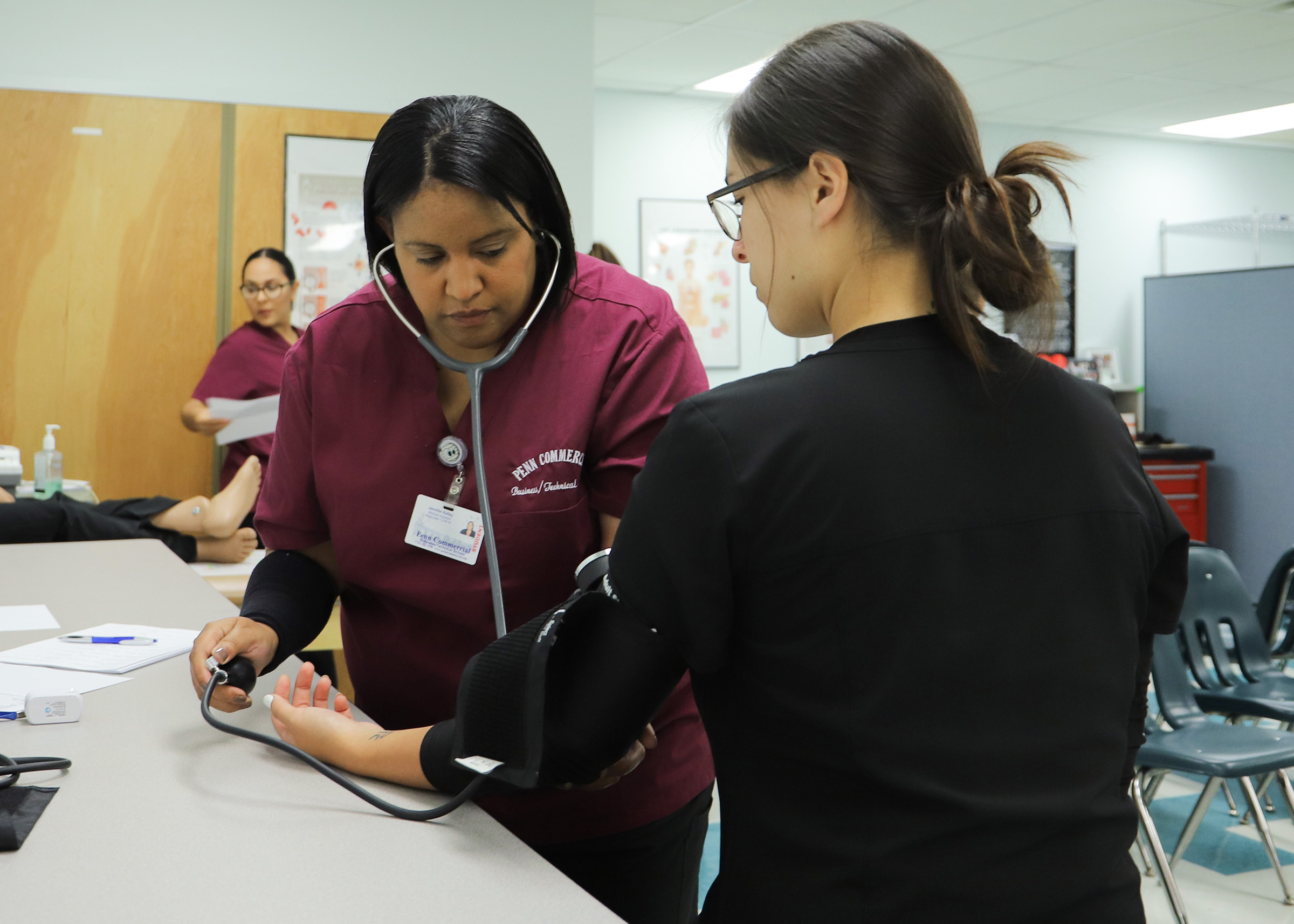The first people patients see when entering doctor offices, hospitals and other healthcare related services are medical assistants. As the Baby Boomer generation hits their retirement years, the demand for allied health professionals is increasing rapidly. Employment of medical assistants is expected to grow 23% during the decade 2014 to 2024. By 2040, Pennsylvania is expected to be one of the oldest states by median age, and listed in the top five for residents over 65 years of age. The future of medical assistants throughout western PA and the Pittsburgh region is very promising.
So what are medical assistants and why are they so in demand? Medical assistants are the Jack-of-all-trades of healthcare. They perform a wide spectrum of duties, from clinical tasks to administrative. They work in hospitals, physician offices and other healthcare facilities. They record patient histories and personal information, measure vital signs such as blood pressure, assist doctors with examinations, give injections and medications, schedule appointments, prepare blood samples for laboratory testing, and much more of the day-to-day office procedures.
Currently, there are over 600,000 medical assistants working in the United States. Those numbers are expected to rise in the coming years. With large hospital networks and healthcare companies like UPMC and Highmark dominating Allegheny County, Washington, Greene, and Westmoreland counties, graduates in the medical assistant field have a lot of opportunities.
The Medical Assistant Program at Penn Commercial is designed to prepare students for a fulfilling career in the health care industry. The medical assistant program awards students with an associate in specialized business degree in just 18 months. This associate’s degree allows graduates of the program to work different positions in hospitals, clinics, doctor’s offices and many other settings. Areas covered by the program include: Medical Law and Ethics, Anatomy and Physiology, Human Diseases, Medical Terminology, Pharmacology, Taking Patients’ Temperature, Blood Pressure and Measurements, Medical Documentation, Medical Office Procedures, Laboratory Procedures, Clinical Assisting, and Communication.
Perhaps no skill is more essential to a successful medical assistant than interpersonal skills. When patients walk through the door, they are putting their trust, and health, in the hands of professionals. The caring and interaction that medical assistants give to their patients is invaluable, which is why so many compassionate people enter the profession.
For more information about Penn Commercial’s Medical Assistant Program please click here.




